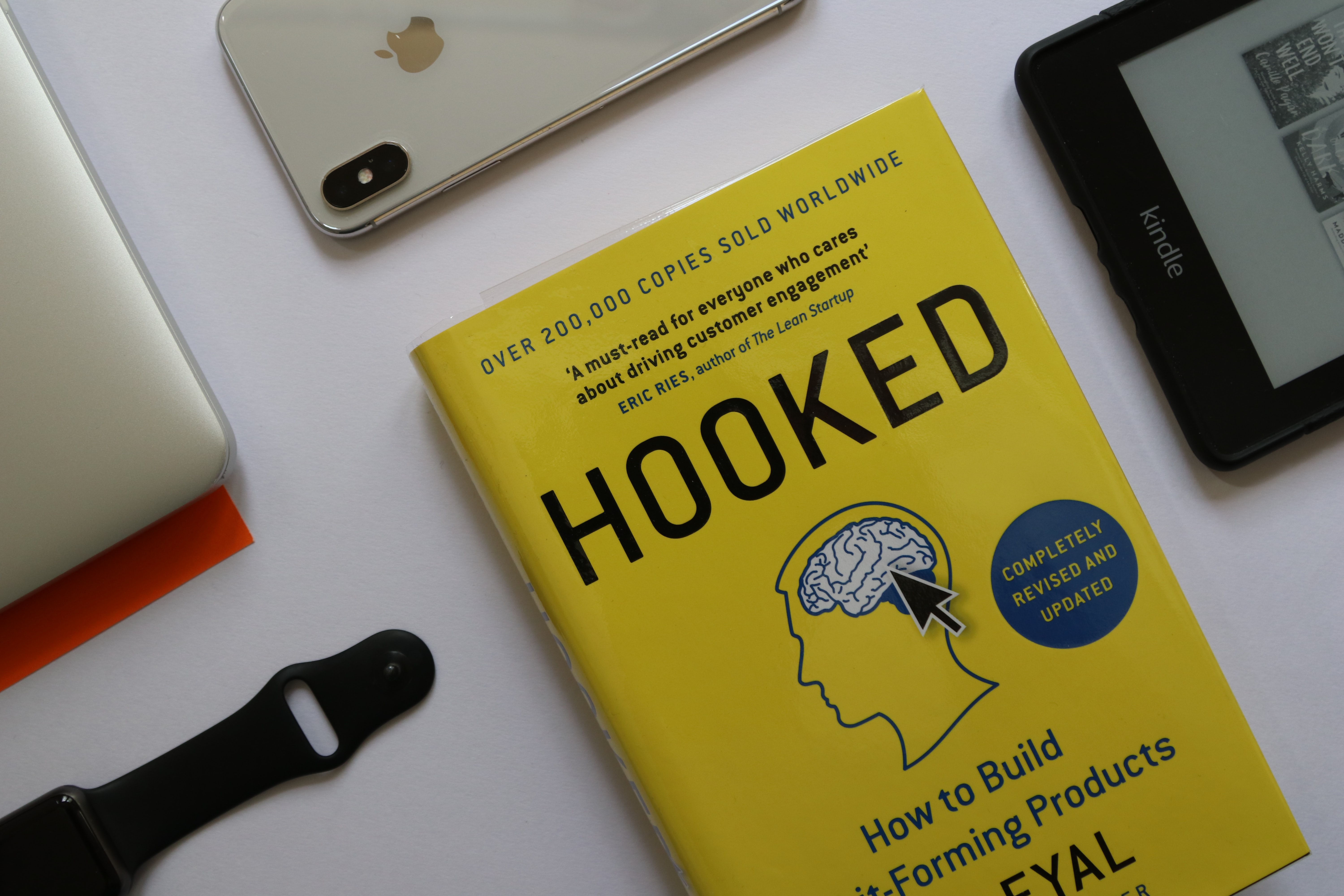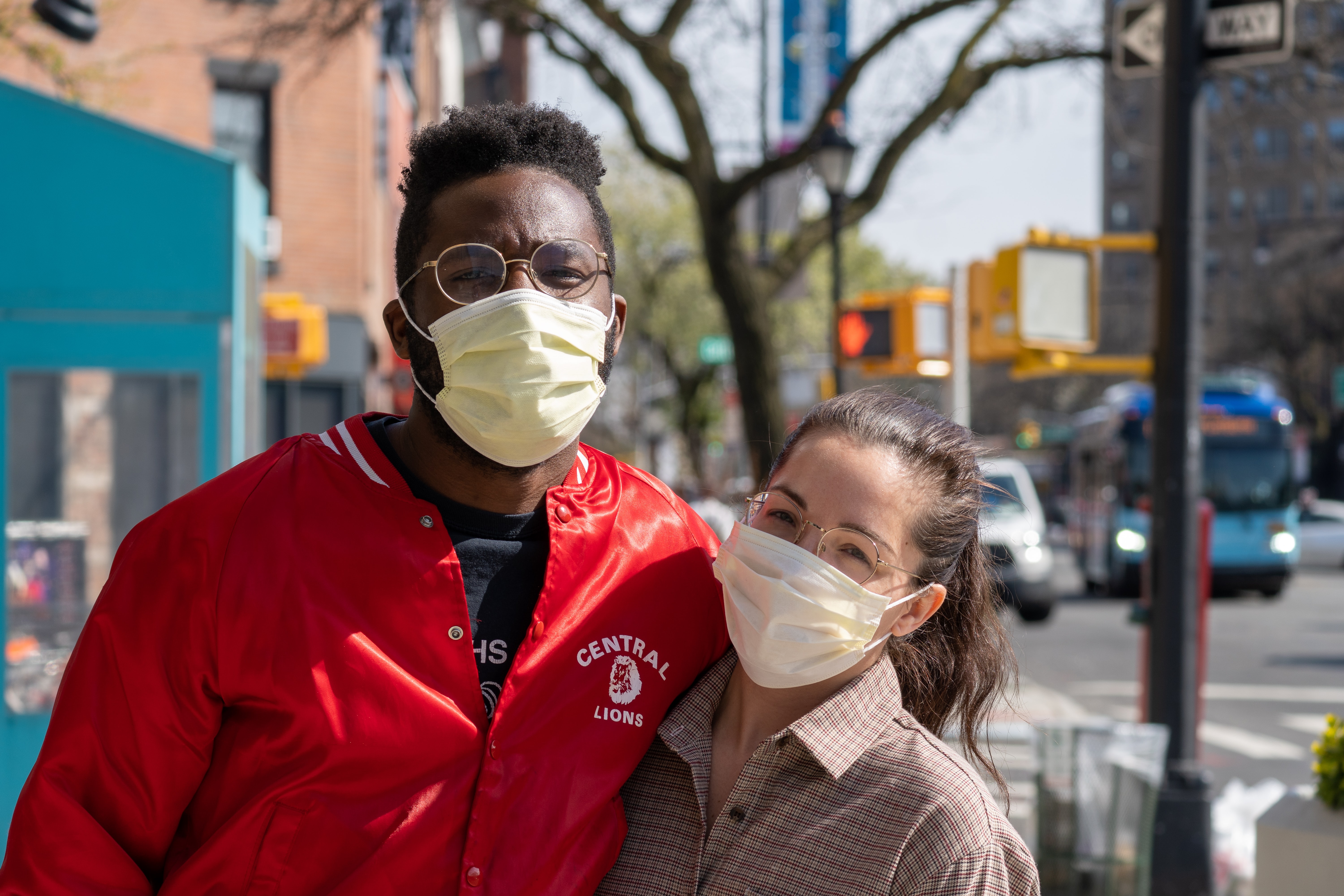The COVID-19 pandemic has, no doubt, had a major impact on the daily lives of people around the world. As millions of people adjust to what many are calling “the new normal,” there are still many people struggling to cope. As widespread anxiety takes its toll on individuals and communities, companies, both big corporations and small businesses, have begun feeding off these struggles to boost business. Sadly, this means companies are feeding off the addictive behaviors of the most vulnerable populations, rather than providing the support they so desperately need.
To slow down the spread of COVID-19, many governments have introduced guidelines for people to follow during the pandemic. Among these guidelines is an emphasis on staying at home and only coming in contact with the people within your household. Spending more time at home and away from other people, when combined with higher levels of stress and anxiety, has a significant impact on a person’s mental health.
Often, when a person experiences a decline in their mental health, they resort to harmful or addictive behaviors. To make matters worse, businesses see these struggles as an opportunity and have begun taking advantage of people during this already difficult time.
Problematic Internet Use During the Pandemic

Ever since local governments across the United States began issuing stay-at-home orders and governments around the world began recommending people spend more time at home, there has been a significant increase in the amount of time people are spending on the internet every day.
There are several factors that can be contributed to increased internet use during the pandemic, including spending more time at home and the desire to stay caught up on pandemic-related information. Companies around the world have encouraged their employees to work from home and millions of people have begun using online tools as a means to stay connected with friends and family. As a whole, people are spending more time online, and certain industries and the businesses within them have taken notice.
In many cases, an increase in the amount of time spent online is harmless and even necessary to maintain a sense of normalcy. Unfortunately, there is a large number of vulnerable people who have fallen prey to unhealthy habits as a result of spending more time online.
For example, millions of people participate in online gaming every day, whether it’s a popular MMRPG through their gaming console or poker in an online casino. Where this becomes problematic is when people begin taking risks that have the potential to destroy not only their finances, but their overall wellbeing. Sites like InstantWithdrawals.org make it easier for iGaming participants to find reputable and trustworthy sites on which to play, but accountability still lies entirely on the players themselves.
Increased internet use during the pandemic is also cause for concern when a person uses their time online to engage in other potentially addictive or harmful behaviors. This includes spending more time anxiously and compulsively researching news about the pandemic because of a need to be continuously informed. Additionally, some people have developed mild to severe forms of addiction out of a compulsive need to stay in touch with other people. This leads to an unhealthy amount of time spent on social media and other virtual communication platforms.
What starts as a simple desire to seek or share information, steamrolls into addictive behavior during isolation with the added need for reassurance. It is especially challenging to find a solution to this problem when assistance and treatment aren’t as readily available.
Big tech companies like Amazon, Apple, and Google have seemingly taken advantage of the situation by heavily endorsing virtual solutions that encourage further internet use. Many people have begun to feel as if the internet is the tool available to maintain any sense of normalcy during the pandemic. But it’s important to remember that just like individuals, businesses are struggling during the pandemic. They’re seeking out any means possible to keep their businesses afloat, including taking advantage of your well-being when necessary.
The Rise in Cases of Substance Abuse Amid Pandemic

As another way to cope with stay-at-home orders, quarantine, and increased stress, many people began using alcohol and other addictive substances as a means to cope. This is especially alarming given that the novel coronavirus pandemic has created new challenges in regards to mental health, particularly among the people who are most vulnerable.
“The impact of COVID-19 on psychological symptoms and disorders, addiction and health behavior is substantial and ongoing,” reported Michael Zvolensky in Behaviour Research and Therapy. “It will not equally impact all of society. Those at greater risk are those that have mental health vulnerabilities and disorders.”
With looser liquor laws, it didn’t take long for nationwide alcohol consumption to increase. While this was great news for many businesses, it posed a serious risk to people struggling with substance abuse.
Additionally, because of increased stress and anxiety during the pandemic, there has been an alarming increase in the use of illegal substances, such as psychostimulant drugs. Many people are seeking the euphoric effect that these dangerous, illicit drugs briefly provide, only to see their lives spiral out of control as they become addicted and dependent on the drugs. And with support groups and recovery centers operating under different protocols during the pandemic, many people aren’t getting the help they desperately need.
How to Maintain Your Mental Health During the Pandemic
Whether you would consider yourself part of the vulnerable population or not, it’s important to take care of your mental health. If you are experiencing increased stress during this pandemic, you are not alone and you certainly don’t have to suffer.
The first thing you should do is focus on how the pandemic is affecting your mental health. Determine if you are experiencing any of the following effects of increased stress:
- Fear and worry about your health or the health of your loved ones
- Fear and worry about your financial situation or your career
- Fear and worry about losing the support services you regularly depend on
- Any changes in your sleep or eating patterns
- Worsening of chronic health problems
- Worsening of mental health conditions
- Increase alcohol consumption
- Increase tobacco use (or other substances)
Some people are more likely than others to have strong reactions to the stress of the pandemic. According to the U.S. Centers for Disease Control, the vulnerable population includes:
- People who are at a higher risk for COVID-19-related severe illnesses, such as people with an underlying medical condition or older people
- Children and teenagers
- People who are responsible for caring for their family members or loved ones
- Frontline workers like first responders, medical personnel, health care providers, etc.
- Essential workers
- People with existing mental health conditions
- People who have a substance use disorder or who regularly use substances
- People who have lost their jobs or had significant changes to their employment such as the hours worked
- People with disabilities or developmental delays
- People who are isolated from others, including those who live alone and people in less-populated areas
- People in some ethnic and racial minority groups
- People who lack access to accurate, updated information
- People experiencing homelessness
- People who live in group settings
Healthy Ways to Cope with Stress During the Pandemic
To give yourself the best chance of maintaining your mental health during the pandemic and lower your risk of developing a problem, consider one of the following ways to cope with stress:
- Know what to do if you are experiencing symptoms and/or are concerned about COVID-19. Get in touch with a health care professional if you are unsure about what to do.
- Know where to go and what to do to get treatment, including counseling, therapy, or other support services, either in-person or through telehealth.
- Take care of your emotional health so that you are better able to think clearly and rationally.
- Take frequent breaks from reading, watching, or listening to updates about the pandemic including social media. Constantly bombarding yourself with information about the pandemic can be unsettling and stress-inducing.
- Maintain your physical well-being by taking care of your body. This includes eating a healthy, well-balanced diet, exercising regularly, getting plenty of sleep, and avoiding excess alcohol and drug use.
- Make time to do the things you enjoy.
- Connect with people who are a part of your support team, including friends and family. Discuss your feelings and concerns with them.
- Connect with your community- or faith-based organizations.


